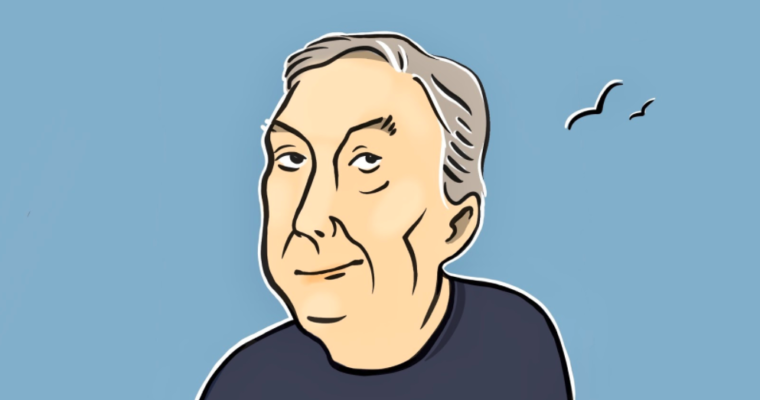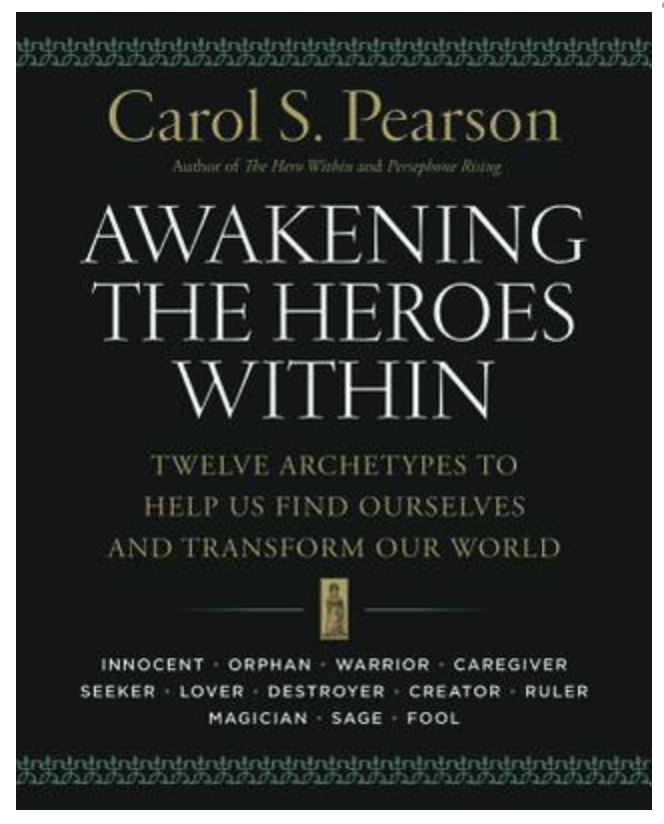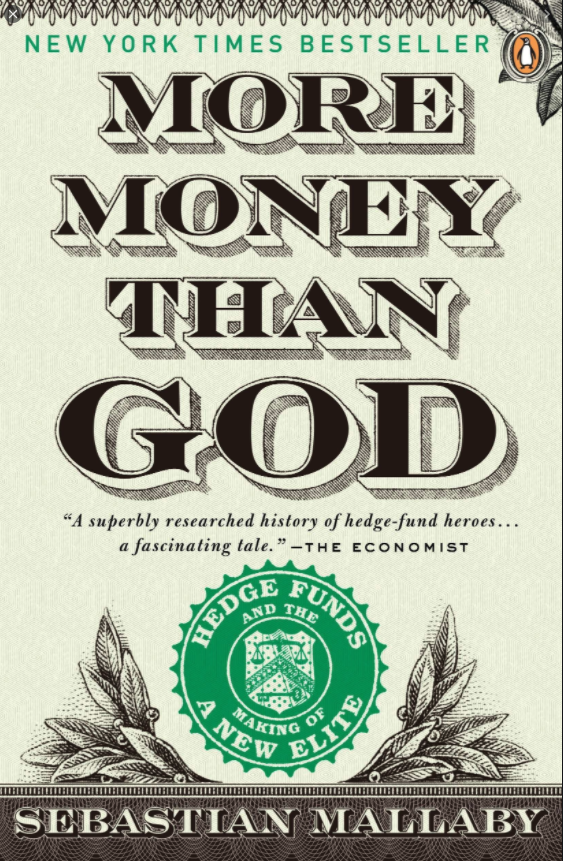Rob Johnson, President of the Institute for New Economic Thinking, is not your average economist. He’s got heart and soul, or if you’ll have it, the blues! With his deep connection to the arts and humanities, Rob leads the new economic thinking not just with a sharp mind, but also with sensibility.
This article is part of an ongoing series in which Rob shares his life experiences, and biggest lessons learned. If you’re an aspiring expert in economics or a related field, this is for you. It might mitigate the depth and duration of your mid-life crisis. Earlier articles in this series can be found here.
13 – Thoughts for the future
I’m a parent of four children. But for my generation, the handoff to younger people doesn’t look very appealing right now. We’ve got work to do, while we’re here together. It’s your generation that can save my children, my nieces and nephews, kids everywhere. The Young Scholars Initiative is the bridge in the middle. It’s you who can make it so that my third-grader comes into a better world.
You know, there are stages in the evolution of career building where there is a focus on conformity and getting on the team, observing what people do. But now more and more people in your generation feel like they don’t want to get on that ship. They can tell that ship is sinking! We’ve got to build our own ship.
For my generation, it is now crucial to contribute to your generation. We have to break down the resistance to the evolving of economics. What’s happening in the world is already breaking it down a lot. But we need to do more. How do we stimulate new education products? How do we build that 13000 person army of young scholars who give each other strength and do not feel the need to conform?
We have to do it, because nobody can afford to conform to that which produces misery. It’s not dignified. But it’s also not dignified for my generation to lay back and watch you struggle. We have got to fortify you, as you embrace the challenge. We have to be teammates across generations. So, together, we can rebuild the ship and navigate towards more wholesome waters.
The pandemic is showing what’s at stake. It has violently unmasked the contradictions between the ideologies that were used to justify the deficient outcomes. If you were to be of religious orientation, you might say God delivered this pandemic to wake us all up. That’s to say, we are in a time of reckoning. And again, the most dangerous thing is to despair. Despondency is not a way forward. That only creates a void for demagoguery to fill.
I want to help inspire you. To help you fortify your inspiration. To strengthen you, so that you can withstand the siren songs of temptation brought on by fear. That’s not always easy. The option is always there to just go alone, get published, get a chair, make money as a consultant. All those things might make your family feel safer for a month or a couple of weeks or a year. But they take you off course from providing the public good.
I want to help you gain the courage to not give in to that, so you can become a real expert. Healthy, high integrity experience is part of restoring hope and faith in governance, and in society. It’s a big part of the way forward. And the danger now is more severe and more acute than when we started. Your generation is going to carry this on your back. We have to help you. That’s what we’re meant to do.
We have to help you all fill the void.
Earlier articles in this series can be found here.
Subscribe to receive the next article directly to your inbox! And in the meantime, take a look at Rob’s podcast Economics and Beyond, available wherever you get your podcasts.



